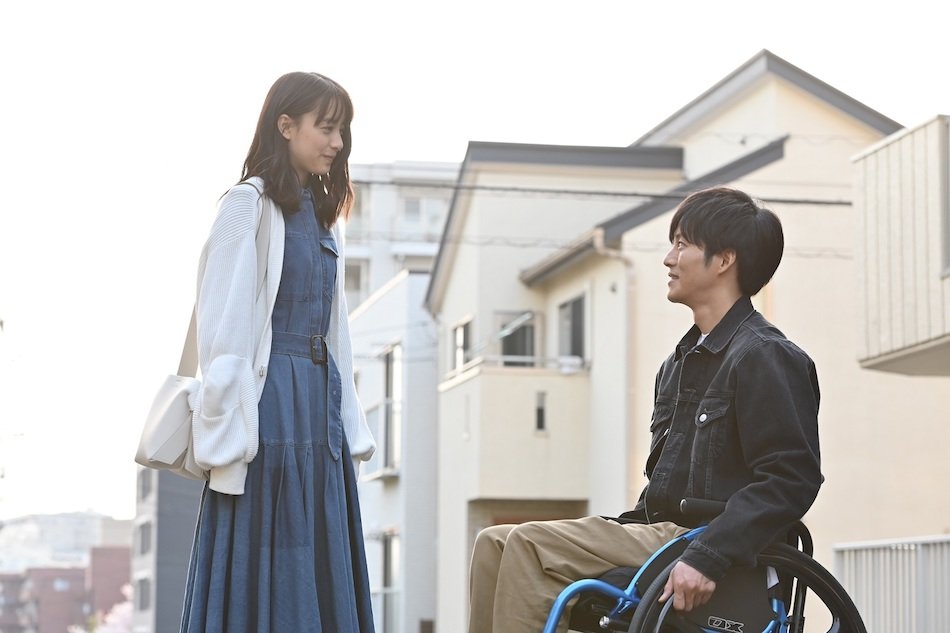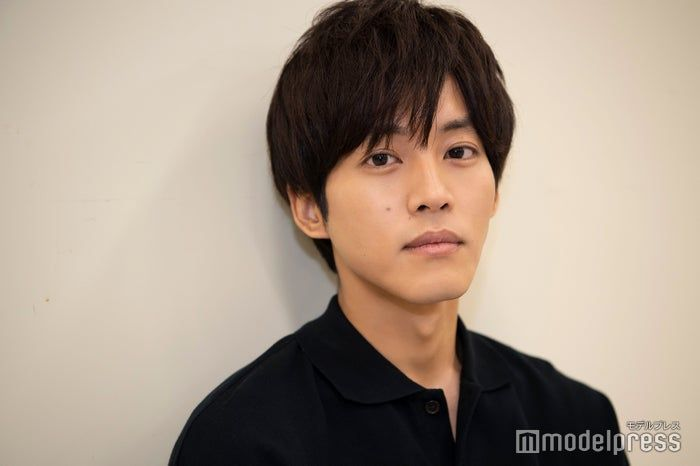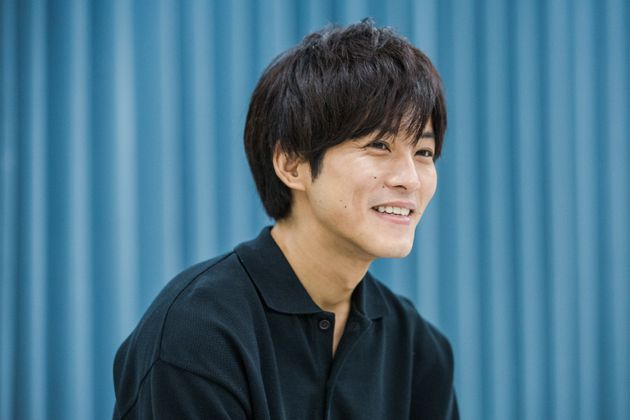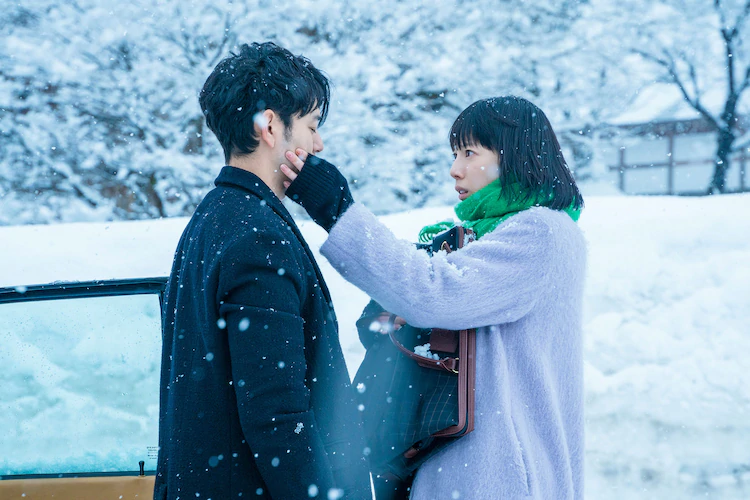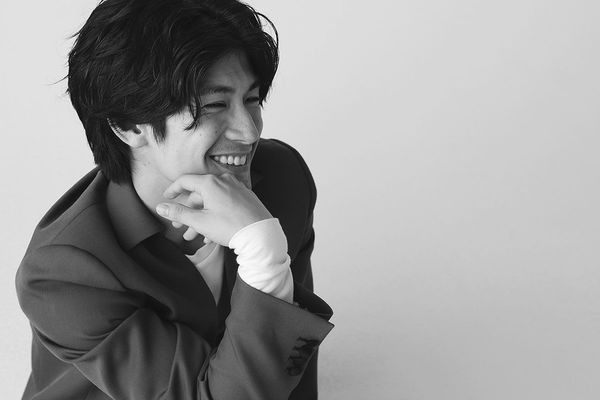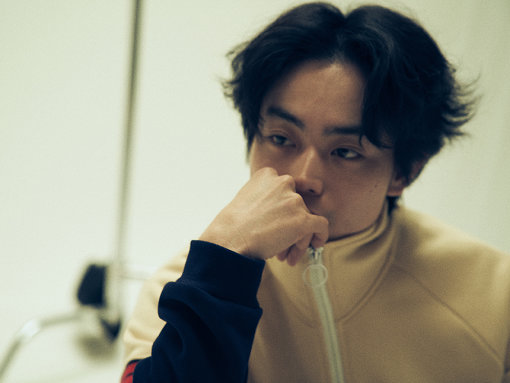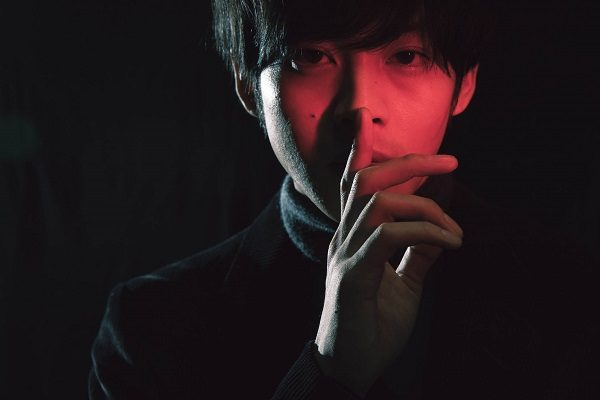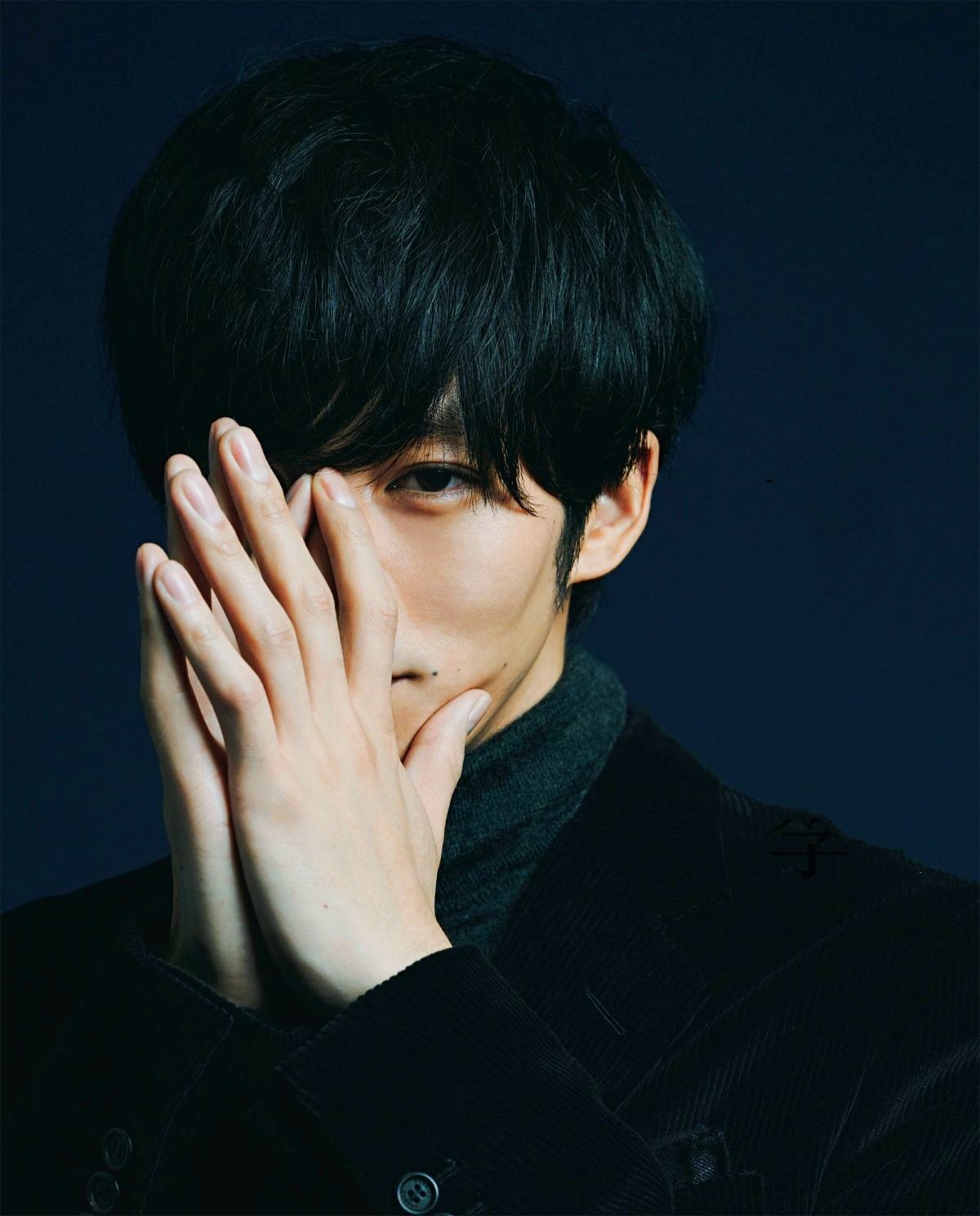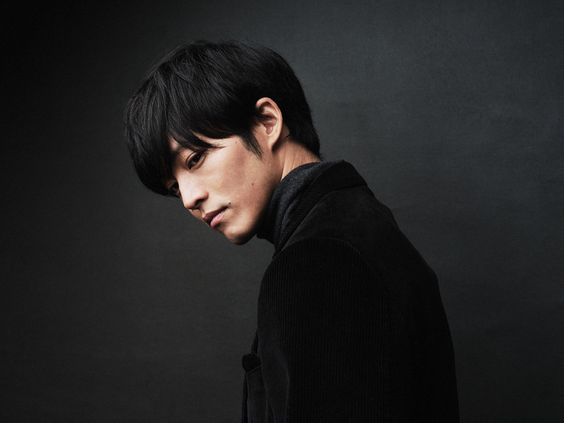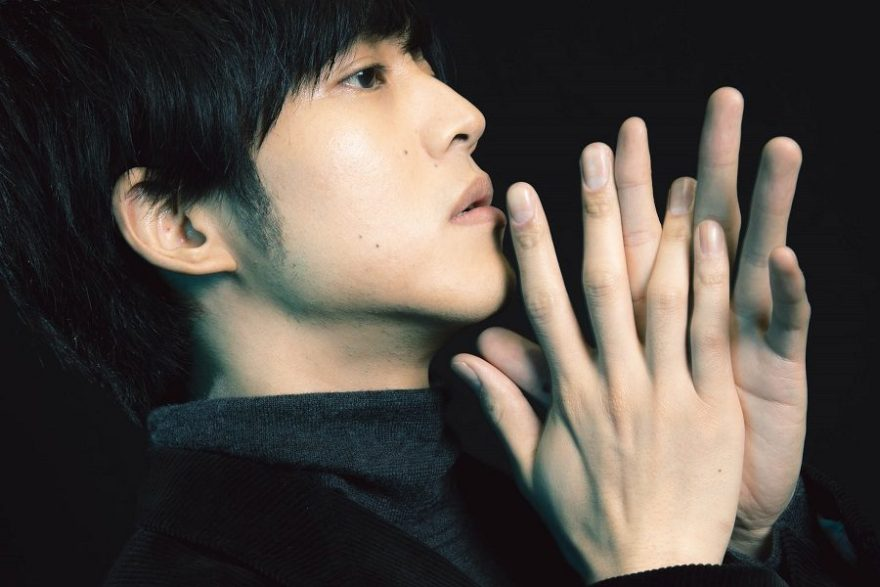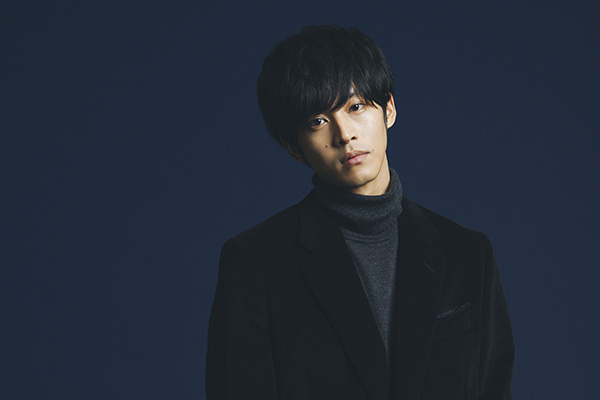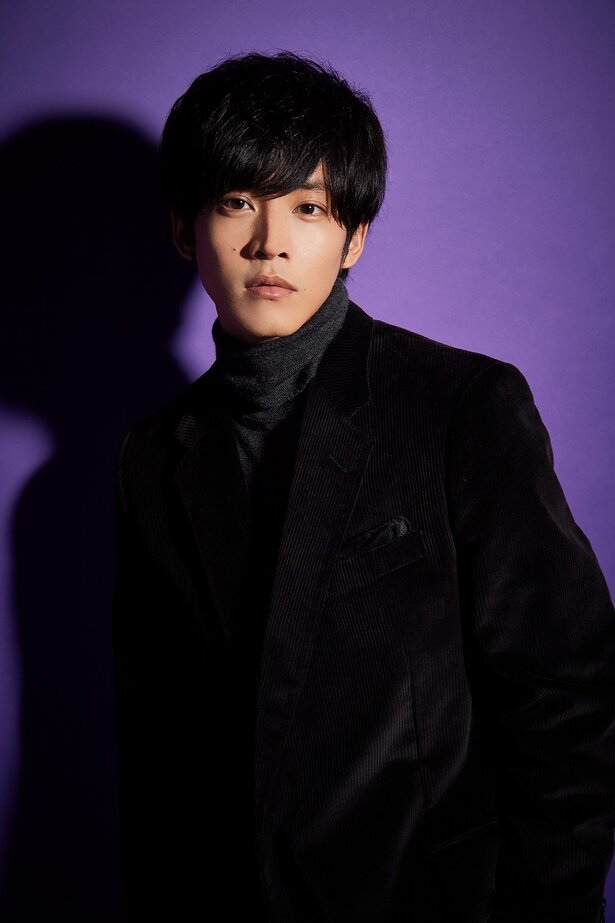Q: Recently, "Love story/ Romance" is on the decline in J-dramas, but what do you think about that?
Producer: Romance is a genre that difficult to aim for ratings. But if you look at the recent buzz, many young people are looking for more love stories.
At the age of 30, there's some part that seems to have overcome the obstacle but there's some subtle nervousness that is dragging the miserable self. So, I thought they could do it. However, the offices of many 30-year-old actors are reluctant to love stories. I am very grateful to Matsuzaka for accepting the offer this time.
Matsuzaka (M): Love around the age of 30 or after becoming an adult is easy to directly connect like "dating = marriage". So, I think that there are various issues such as family, environment, etc. I just like this topic. Next, I thought that the message of this drama was how to overcome the obstacles with two people in a relationship that is difficult to establish, so I thought it would be good to tell the audience.
Yamamoto Mizuki : I used to do romantic comedies a lot, so when it comes to rom-com, I thought I had to just concentrate on my love line. But here, it is not a comedy, so we can't escape our feelings by laughing. I'm not used to it.
Q: Matsuzaka-san, this is the first love story in a drama for you. At the time of the cast announcement, there are comments like "This is a little ticklish" (こそばゆい). But are you getting used to it now as you get closer?
M: At first, it was uncomfortable (T/N: he used the same word) (lol). However, recently, there are few scenes where such feelings such as "I like you" and "I love you" are expressed. Now, I start to feel the weight in those words.
Q: Matsuzaka-san's natural wheelchair operation is also attracting attention. It seems that you brought a wheelchair to your home and practiced before shooting.
M: Yes. By this way, I've come to understand how to do the scenes in the living room and office but when I'm shooting, there are some situations I've never experienced in a wheelchair during practice, so I asked the wheelchair coach at the scene, "For this movement, can I move like this?" Wheelchair practice is still ongoing.
Q: While watching the drama, I also realized many obstacles that I wouldn't notice when I am standing. I wonder how your view on things changed.
M: That's really true. It's gone now, but at first, I thought, "Oh, I want to stand up" while I was acting while looking up.
Q: That is a daily life for Itsuki, isn't it?
M: That's right. The fact that I thought that way made me realize that Itsuki himself might still have a desire to walk somewhere.
